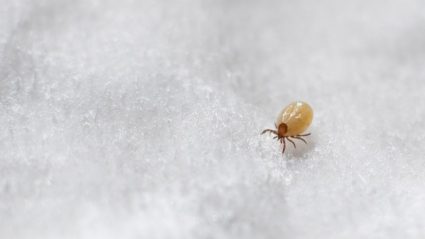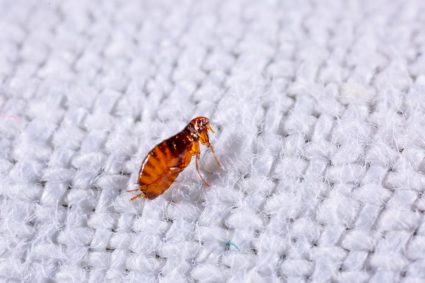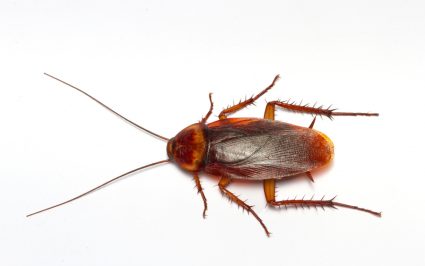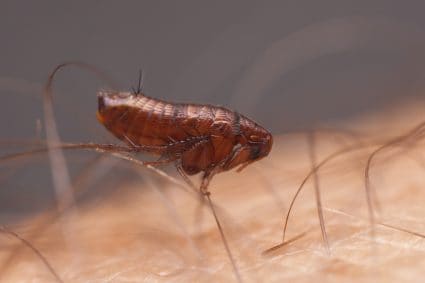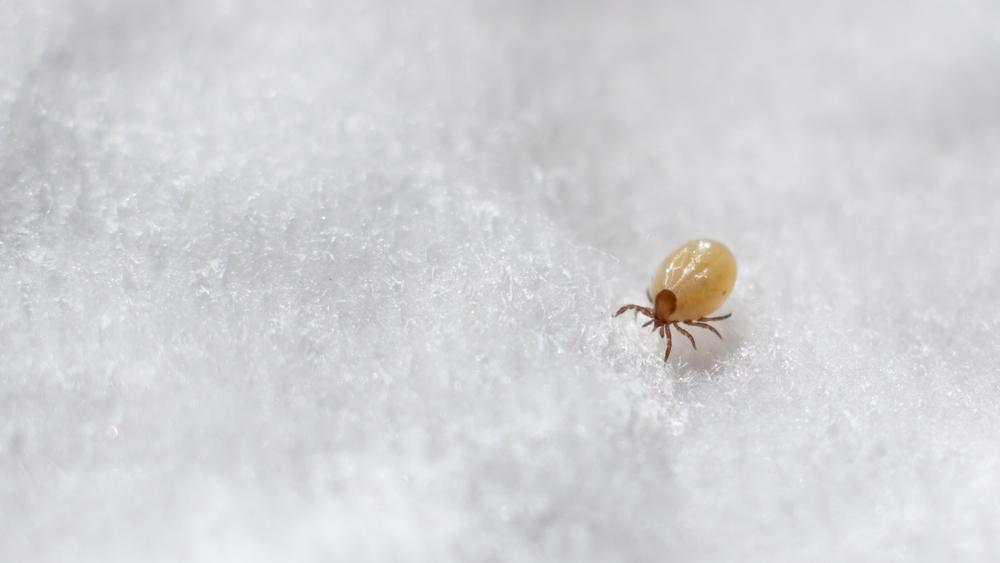
Scabies is a highly contagious skin disease caused by microscopic mites known as Sarcoptes scabiei. These parasites burrow into the skin, causing severe itching and a rash. The condition is common and can affect anyone, although it tends to be more prevalent in crowded living conditions where close skin-to-skin contact is frequent. While there are several medically-approved treatments for scabies, some people look for alternative methods, such as using borax. But does borax kill scabies mites? Let’s explore this topic in detail.
While there is anecdotal evidence suggesting that borax may kill scabies mites, there is limited scientific evidence to support this claim. The Centers for Disease Control and Prevention (CDC) states that no over-the-counter products, including borax, have been tested and approved to treat scabies. Therefore, it’s not a recommended or proven treatment for scabies. Always consult with a healthcare professional for a proper diagnosis and treatment.
What are Scabies Mites?
Before delving into borax’s potential effects on scabies mites, it’s crucial to understand what these mites are. Scabies mites, scientifically known as Sarcoptes scabiei, are tiny parasites that infest the outer layers of human skin. They burrow into the skin, creating tunnels where female mites lay their eggs. This infestation causes intense itching and a pimple-like rash due to an allergic reaction to the mites.
Scabies is contagious and usually spreads through direct, prolonged, skin-to-skin contact with an infested person. It can affect people of all races and social classes and can spread rapidly in crowded conditions where close body contact is frequent. Institutions such as nursing homes, extended-care facilities, and prisons are often sites of scabies outbreaks.
What is Borax?
Borax, also known as sodium borate, sodium tetraborate, or disodium tetraborate, is a naturally occurring mineral that is commonly used in household cleaning products, chemical laboratories, and glass and ceramic production. It is a soft, light, colorless crystalline mineral with a wide variety of uses, such as in laundry boosters, mold and mildew removers, toilet bowl cleaners, and pest control.
Borax and Scabies Mites
Borax is believed to kill scabies mites in two ways: first, it acts as a poison when ingested by the insect, and second, it dissolves the protective wax coating that protects the mites from drying out, causing them to dry up and die. However, it is important to note that borax is poisonous if taken internally, so caution must be exercised when using it as a treatment.
Anecdotal evidence suggests that borax can be used as a home remedy for scabies by soaking in a bath of water mixed with 1 to 2 cups of borax and 1 cup of hydrogen peroxide. This method is reported to provide relief from scabies symptoms when used twice a day for two weeks.
However, scientific evidence supporting the effectiveness of borax in killing scabies mites is limited, and more research is needed to confirm its efficacy. The Centers for Disease Control and Prevention (CDC) states that no over-the-counter products, including borax, have been tested and approved to treat scabies.
Comparing Borax to Other Scabies Treatments
When compared to other treatments for scabies, borax may not be the most effective choice. Prescription treatments, such as permethrin cream (Elimite) and crotamiton lotion or cream (Eurax), are generally considered more effective and safe when used as directed. These medications are specifically designed to kill scabies mites and their eggs, providing a more targeted treatment.
Tea tree oil is another alternative treatment that has demonstrated promising acaricidal effects against scabies mites in vitro. However, more research is needed to establish its effectiveness in people.
The Risks and Side Effects of Using Borax for Scabies
Using borax for scabies treatment is not a medically recommended approach, and it can cause potential side effects and risks. Borax can irritate the skin and eyes, cause respiratory issues when inhaled as dust, and result in gastrointestinal problems when consumed. It can also cause allergic reactions in certain individuals, leading to symptoms such as rash.
In conclusion, while borax may potentially kill scabies mites, it is not a recommended or proven treatment for scabies. It is crucial to consult a healthcare professional for proper diagnosis and treatment of scabies. Prescription medications are the most commonly prescribed and effective treatments for scabies. Using home remedies like borax should be done with caution and under the guidance of a healthcare provider.
Frequently Asked Questions
How long do scabies mites live?
Scabies mites can live for up to two to three days away from the human body. However, they are unable to reproduce away from the host’s body.
Can scabies spread through clothing or bedding?
Yes, scabies can spread through clothing, bedding, or towels that have been used by a person with scabies. However, the most common way scabies is spread is through direct, prolonged skin-to-skin contact with a person who has scabies.
What are the symptoms of scabies?
The most common symptoms of scabies are intense itching, especially at night, and a pimple-like skin rash. The itching and rash can occur anywhere on the body but are most commonly found between the fingers, on the wrists and the backs of the elbows, around the waistline and navel, on the buttocks, and around the breasts in women.
Can borax be used for other types of skin conditions or infections?
Borax has been used in folk medicine for various skin conditions, including acne and fungal infections. However, there is limited scientific evidence to support these uses, and borax can cause skin irritation and other side effects. Always consult a healthcare provider before using borax or any other home remedy for skin conditions or infections.
What should I do if I suspect I have scabies?
If you suspect you have scabies, you should contact a healthcare provider as soon as possible for a diagnosis and treatment plan. Avoid close contact with others until you have been treated to prevent the spread of the mites.

